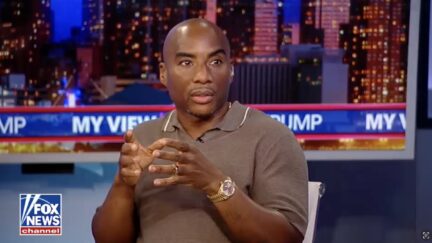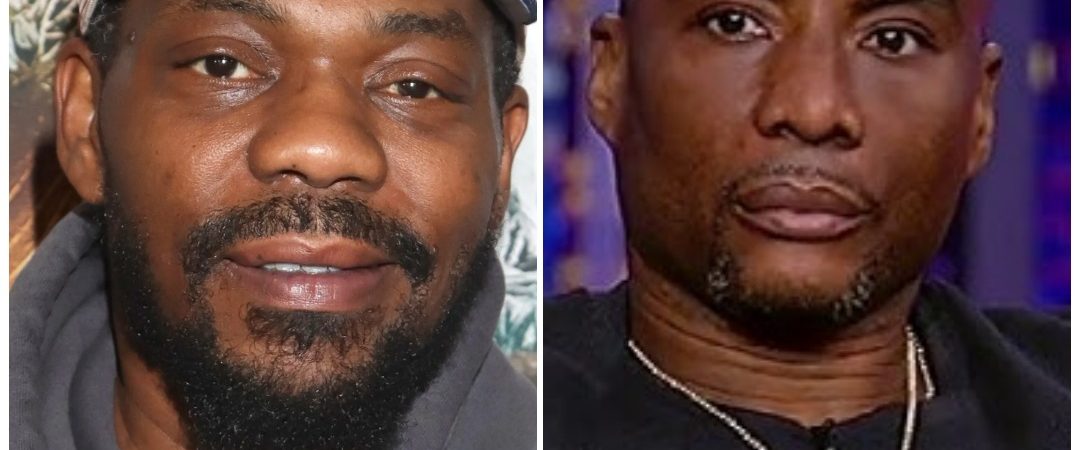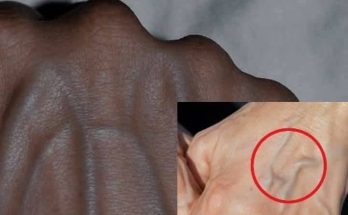In the world of media, there exists a razor’s edge between telling a good story and keeping your job. Every host, journalist, and commentator faces this invisible line at some point in their career. On one side lies the explosive scoop, the raw truth, the kind of content that captivates an audience. On the other lies safety, access, and the favor of the powerful. To step over that line is a gamble that can lead to ruin or define a legacy. In 2009, a radio host named Charlamagne tha God took that step, and the resulting explosion not only changed his life but also provided a masterclass in the perilous politics of power.
The backdrop was one of hip-hop’s most painful and public divorces. The once-mighty Roc-A-Fella Records was fractured by a feud between its co-founder, Jay-Z, and its Philly-based soul, Beanie Sigel. Jay-Z was ascending to a new stratosphere of influence, evolving from a rapper into a mogul whose power was felt across corporate America. Sigel, meanwhile, felt left behind, a loyal soldier who believed his contributions were being erased and his respect disregarded. His discontent wasn’t kept to whispers; it was loud, angry, and broadcast through diss tracks, making the topic a high-voltage third rail for any media personality to touch.

This is where Charlamagne tha God, then a host in Philadelphia, entered the picture. He had been building his brand on a foundation of confrontational and unfiltered commentary. While others might have shied away from the Jay-Z and Beanie Sigel beef, fearing the consequences of angering an industry king, Charlamagne saw it as the biggest story happening in his city. He made the calculated decision to invite Beanie Sigel for an interview, a move that was less about reporting the news and more about striking a match next to a leaking gas line.
The interview was everything one could expect: volatile, revealing, and deeply compelling. Charlamagne didn’t just let Sigel talk; he guided him, pushed him, and ensured every ounce of frustration was laid bare for the listeners. He gave a platform to the rebellion, and the broadcast resonated through the streets and across the internet. It was a journalistic and professional triumph, the kind of moment that separates a host from the pack. For a brief period, Charlamagne was the man who got the story everyone wanted to hear.

The victory lap was brutally short. Within days, Charlamagne was called into an office and fired. The official reasons were likely corporate and vague, but to the outside world, the cause and effect were crystal clear. The most logical explanation, which quickly hardened into accepted fact within the culture, was that Jay-Z—or someone acting on his behalf—had made his displeasure known to the station’s higher-ups. A phone call from a figure that powerful is not a suggestion; it’s a command. The message was clear: there are consequences for giving a platform to the opposition.
Whether Jay-Z was directly involved remains, to this day, a matter of speculation. Charlamagne has never claimed to have definitive proof. But in many ways, the proof doesn’t matter. The incident became a powerful parable about the nature of influence. The firing demonstrated a core truth of the entertainment world: power doesn’t always have to show its face to be felt. The mere perception of a blackballing was enough to send a chill through the industry.

But this is where the story turns. For most, a career setback of this magnitude would be insurmountable. Charlamagne, however, executed a brilliant pivot. He refused to be seen as a victim who was crushed by the system. Instead, he took control of the narrative and rebranded himself as a martyr for the truth. He was no longer just the host who got fired; he was the host who was fired for being too real for the corporate machine. This firing became his badge of honor, the ultimate proof of his authenticity.
He carried that badge to his next major role at “The Breakfast Club” in New York. There, the very traits that made him a liability in Philadelphia became his greatest assets. His reputation for fearless questioning and his famous backstory attracted guests from the highest echelons of music, politics, and pop culture. Artists knew that an interview with Charlamagne was a trial by fire, and passing it conferred a special kind of credibility. The outcast had become the new gatekeeper. The man who allegedly lost his job for talking about a king had become a kingmaker himself, all without compromising the raw, honest style that started the firestorm in the first place.



